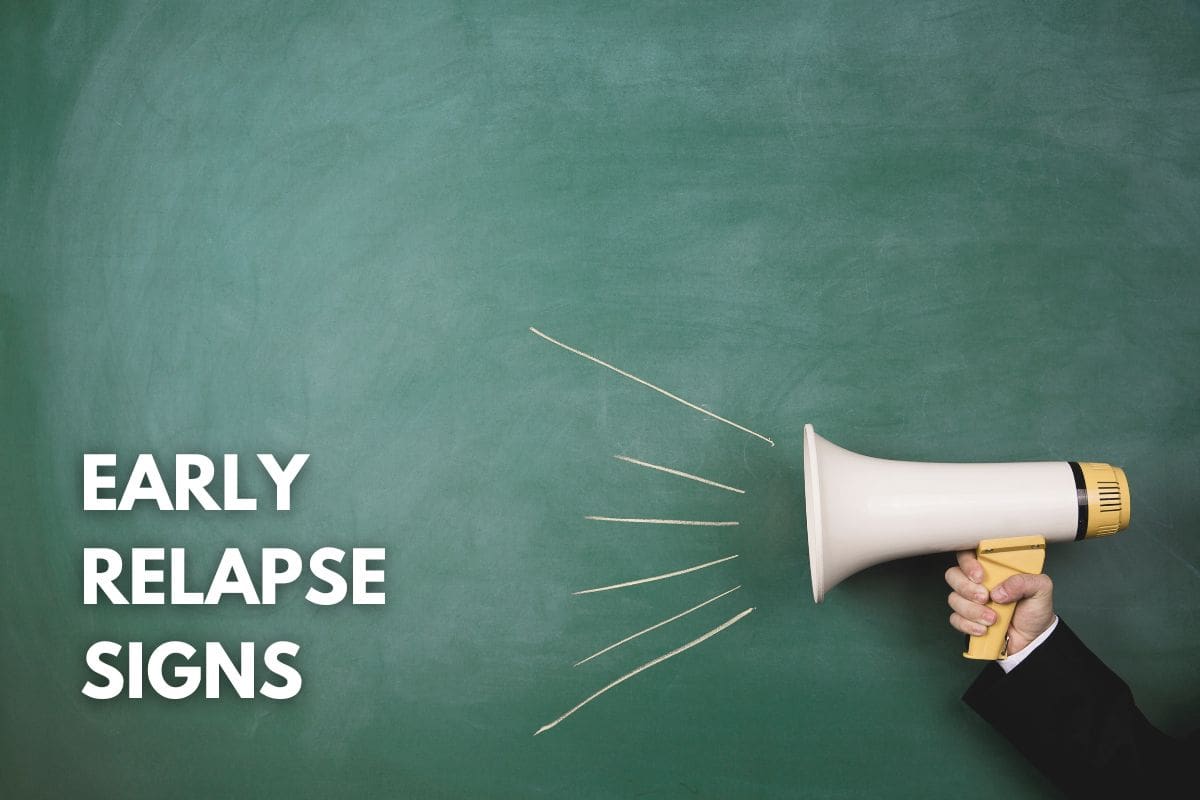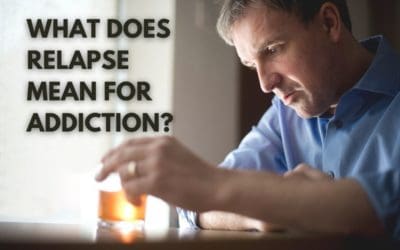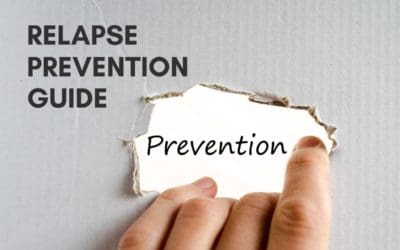Knowing relapse warning signs is a huge component of relapse prevention. Both you and your loved ones should know how to recognize these signs as they can alert you to the potential for substance use and prevent a full-blown relapse. These warning signs often occur before an actual relapse, but that doesn’t mean the user is in the clear if they haven’t happened yet. While relapse warning signs are different for everyone, these are the most common to watch out for.
1. Dealing with a lot of stress
A rise in stress and difficulty coping with life is one of the earliest warning signs of relapse. Stress can be caused by various things, such as work, school, relationships, and more. When you are experiencing a lot of stress, you may feel anxious or depressed. This can make it difficult for you to maintain your recovery from addiction. If someone does not have adequate coping skills and healthy ways to deal with their emotions, they may start using drugs or alcohol again to cope with these feelings.
2. Change in relationships with family and friends
It could be a sign of relapse if you notice a change in your relationship with family or friends. This is especially true if you have lost the ability to communicate effectively with those closest to you. Losing touch with those who care about you is one of the most common signs of early relapse and should not be ignored. If there are stresses in your relationships that are making navigating them more difficult than usual, this is also worth examining further.
3. Noticing poor hygiene and self-care
Having a structured self-care and personal hygiene routine is vital in addiction recovery. If you start noticing poor self-hygiene signs and a lack of self-care, this might be a warning sign that something else is happening. Disheveled clothes, disorganized homes, and dull complexion can be a sign of depression, leading to relapse if not addressed.
4. Isolating yourself from friends and family
If it has been some time since you have experienced intense feelings like loneliness and isolation but now feel as though they may be resurfacing, seek help. It is important to reach out when these feelings arise so that they do not have time to spiral out of control again before seeking treatment options for recovery. Reaching out does not mean immediately returning to treatment programs (although sometimes this may be necessary).
5. Feeling restless and bored
Feeling restless and bored is another early warning sign of relapse. You may still be in recovery from your addiction, but the urge to use again can be overwhelming. If you notice yourself feeling restless or bored, it’s important to talk about how you feel with a trusted friend or family member.
Talking about how you feel can help remove some pressure from boredom or restlessness. Having someone listen to what you say can make all the difference when feeling overwhelmed by life outside of rehab.
6. Experiencing cravings to use again
Cravings are a strong desire to use. They can be triggered by various things, including stress, depression, anxiety, or even boredom. The intensity of cravings can vary—it might be a subtle suggestion that you should get high, or it can feel like an all-consuming need. If you’re struggling with drug dependence, it’s important to note that these increased cravings could be an early sign of imminent relapse.
7. Experiencing signs of depression
Beware of symptoms of depression, anxiety, or other mood disorders. Sometimes you might start to feel burnout at work, school, or everyday activities. It might also look like losing interest in activities you once enjoyed or suddenly feeling sad and unmotivated. Even having trouble concentrating or remembering recent events can be warning signs.
9. Seeking out opportunities to use again
Hand-in-hand with cravings, some people in recovery might look for opportunities to use again. They might revisit places where they purchased drugs or spend more time around bars. These are ways to relive that “past-life” before recovery, something that could be dangerous if the proper coping mechanisms aren’t strong enough.
10. Missing support group meetings
Peer support meetings like AA and NA are essential for sustained recovery. While people in long-term recovery don’t need to attend these with the same frequency as those in early recovery, it’s still crucial to maintain a connection to the group and your sponsor. If you find yourself avoiding these meetings for some reason, consider looking into it, and beware that you could start to fall back on old habits.
Be on the lookout for these warning signs!
You’re not alone if you’ve ever struggled with relapse, and it’s important to know that it’s a shared experience. There are warning signs that your loved one may be heading back toward substance use. These may be different for each person and can change over time—be sure to pay attention to any changes in behavior or mood as they could indicate a potential risk of relapse.
Even if your loved one seems distant or irritable, remind yourself that these behaviors aren’t necessarily signs of drug use; they could just be typical responses when someone is in the early stages of recovery from addiction.
If you notice any of these warning signs in yourself, talk with someone who can help guide you through them or get professional support from a mental health professional specializing in drug addiction treatment.

































